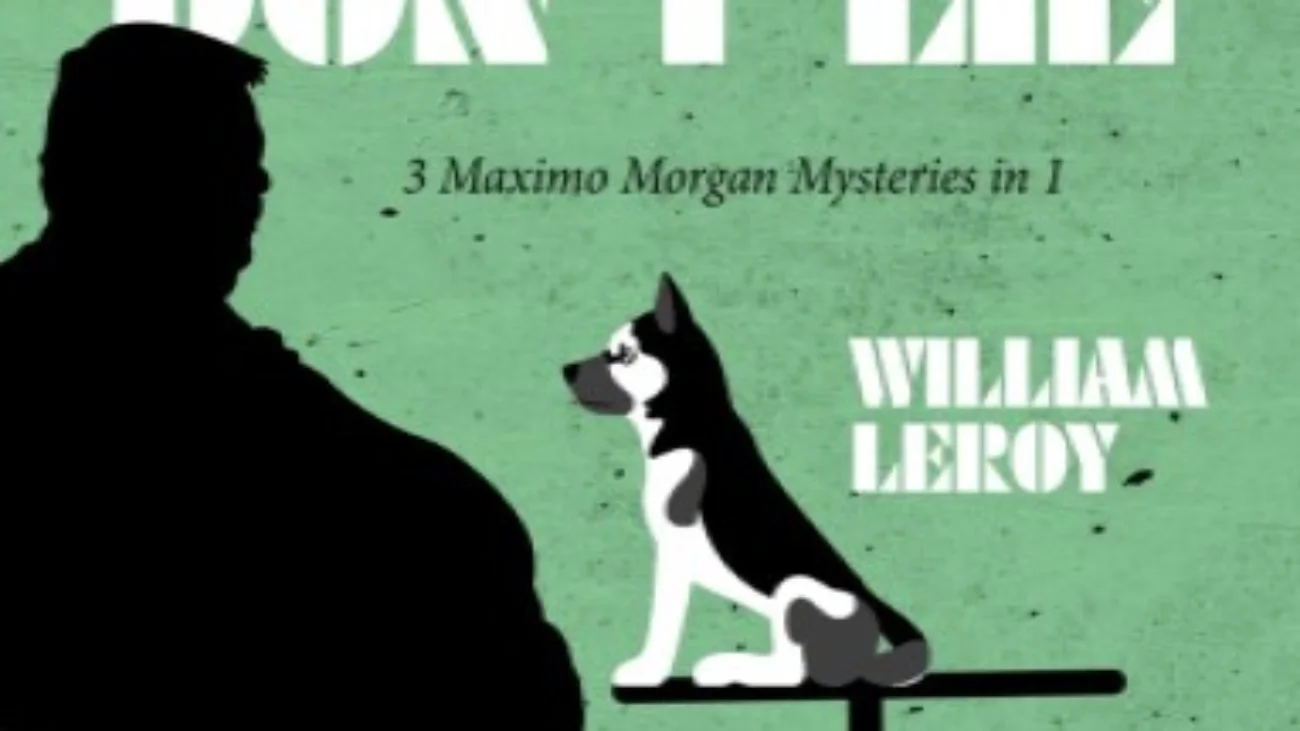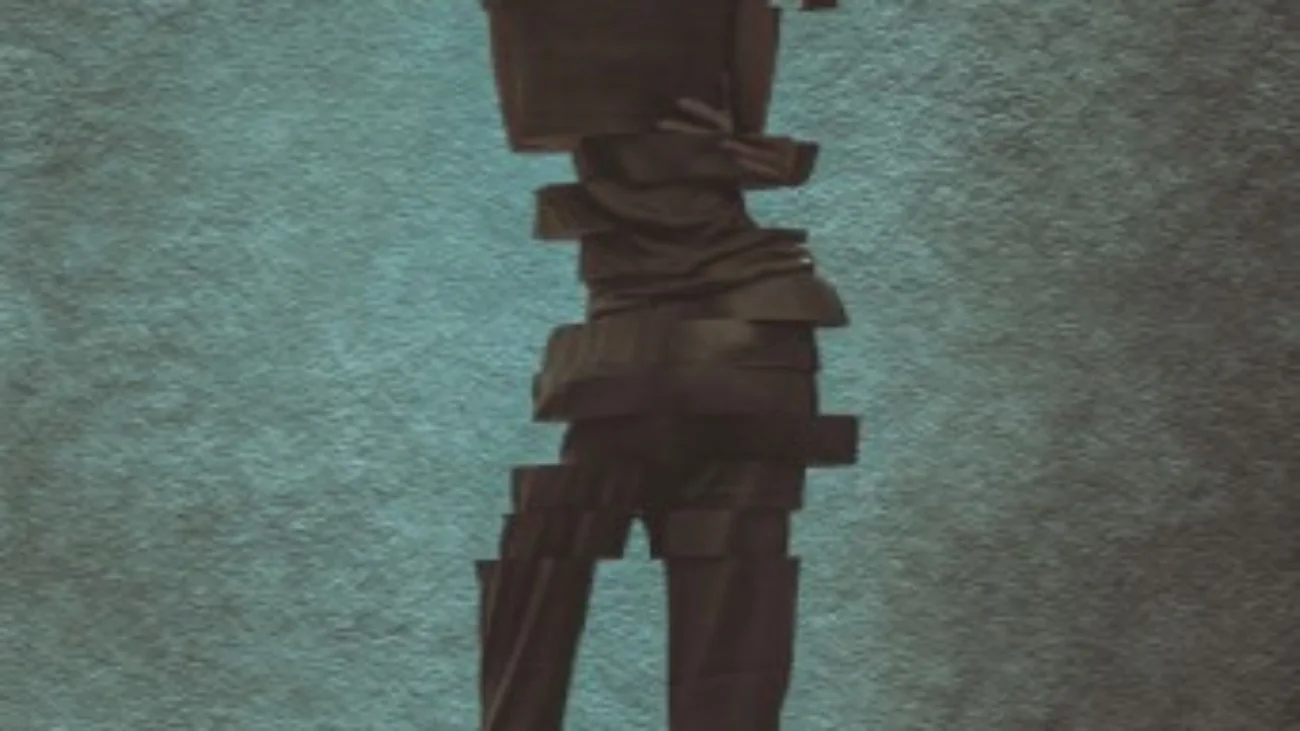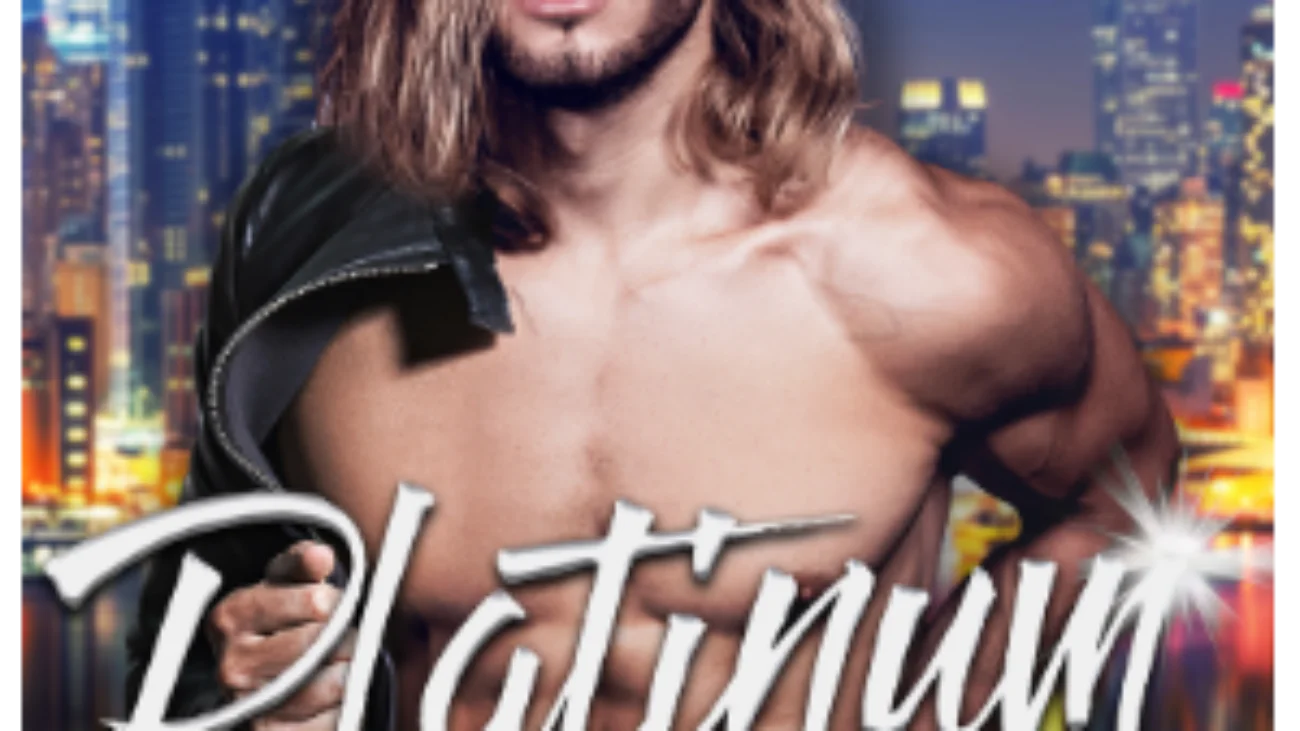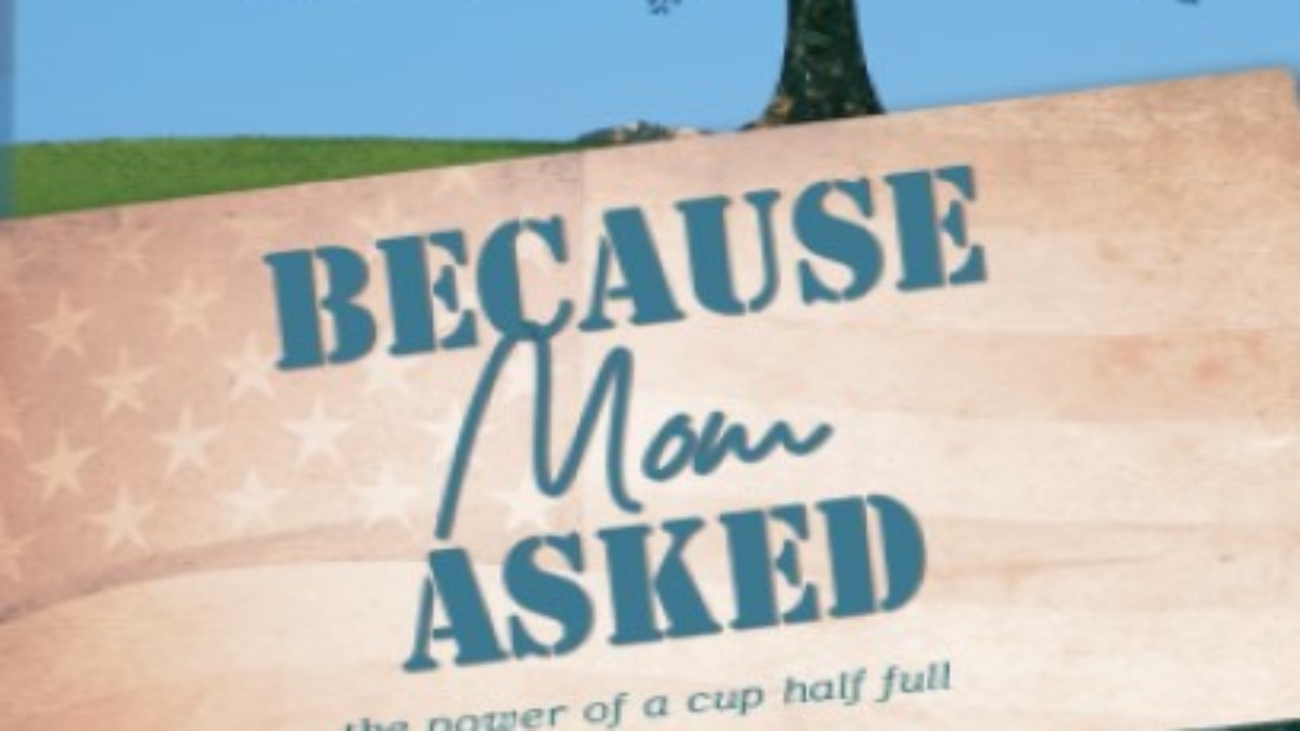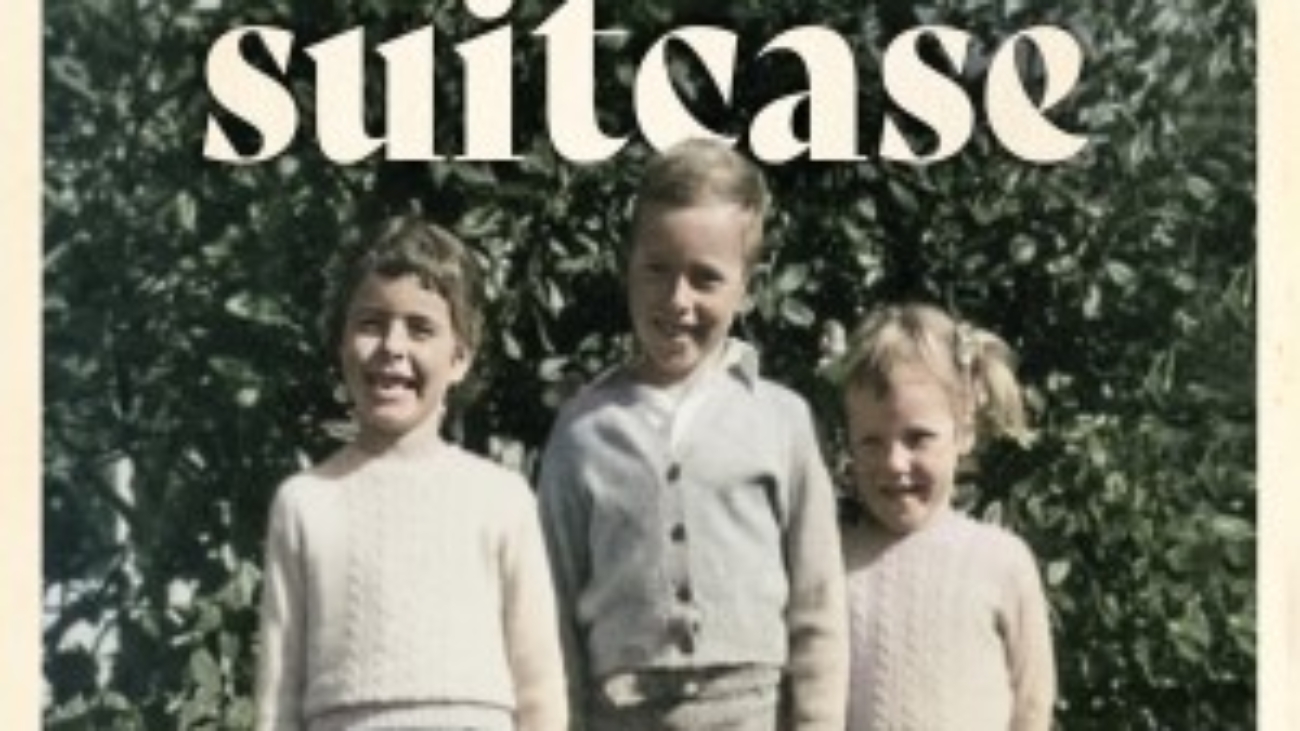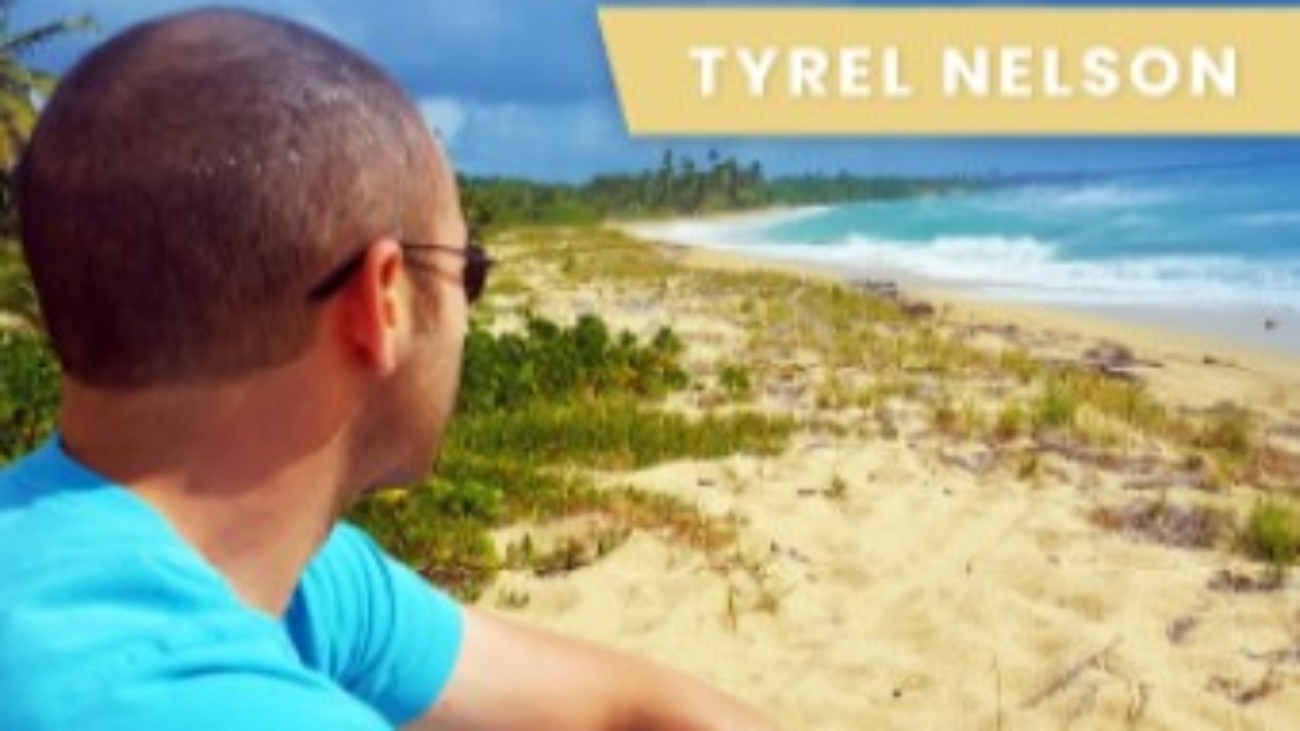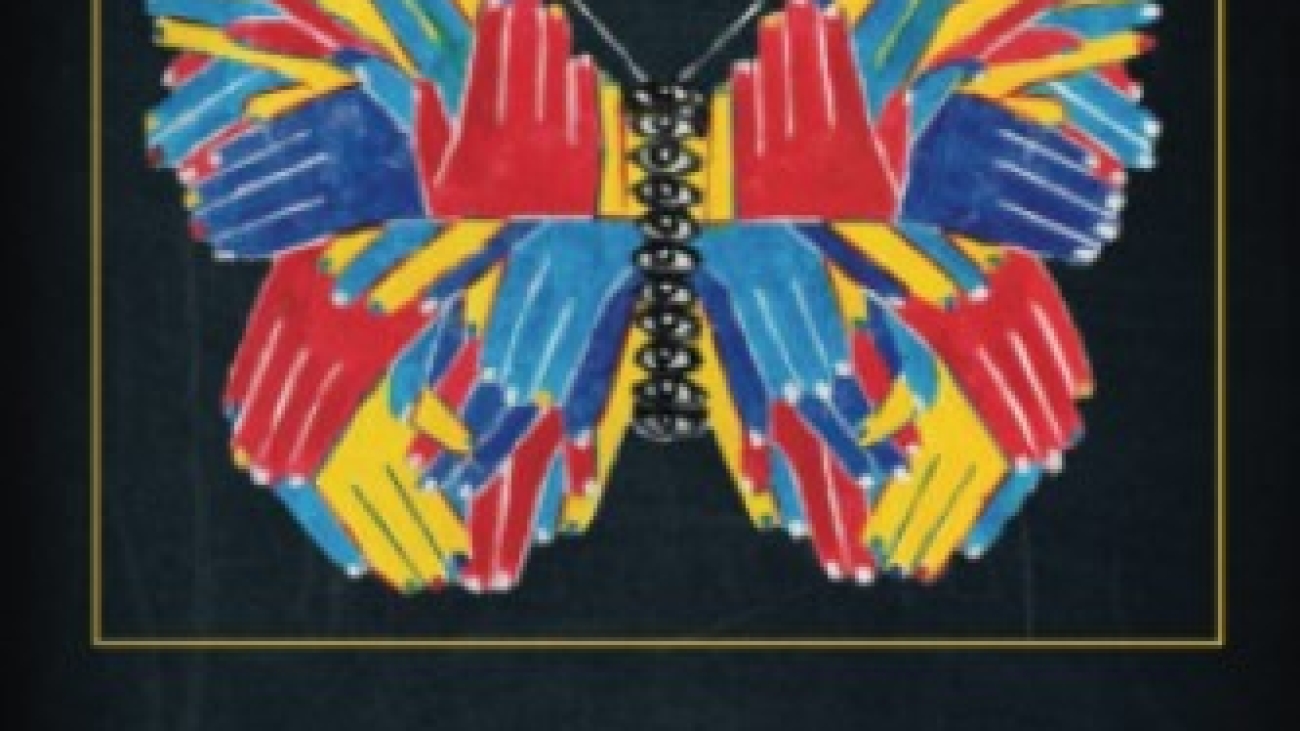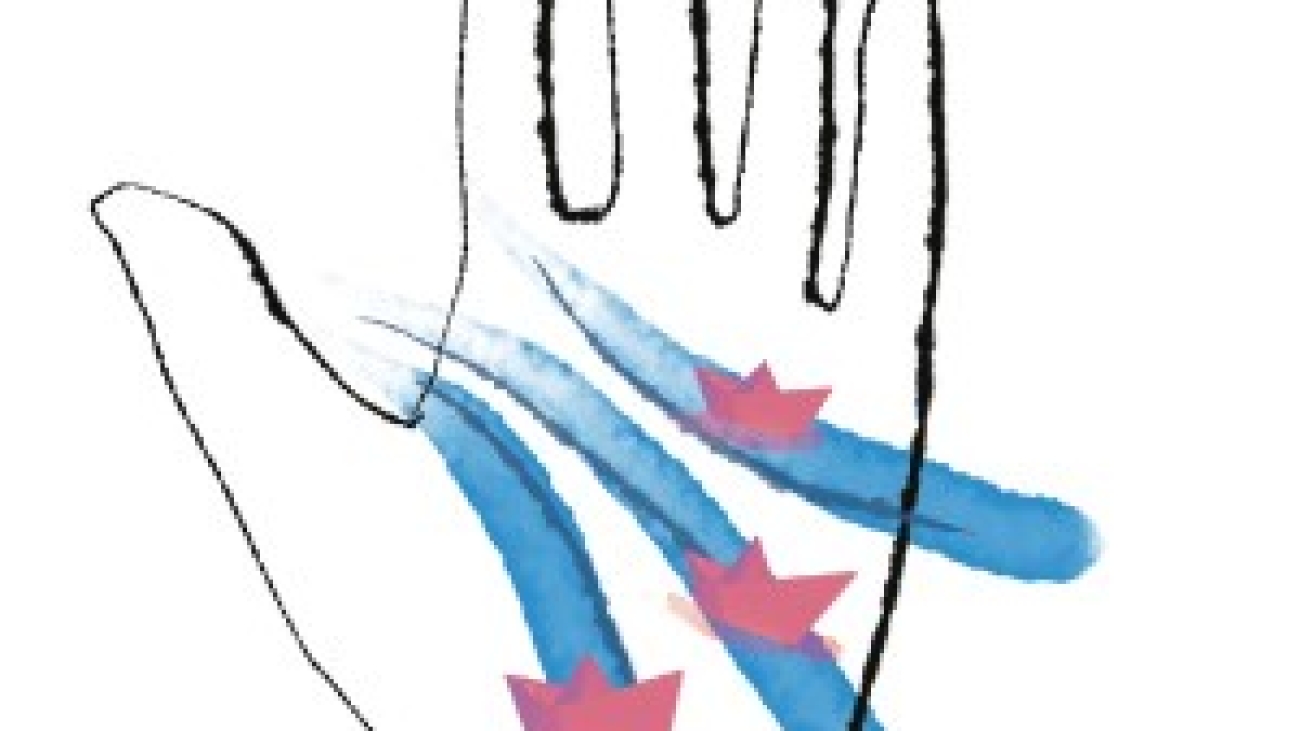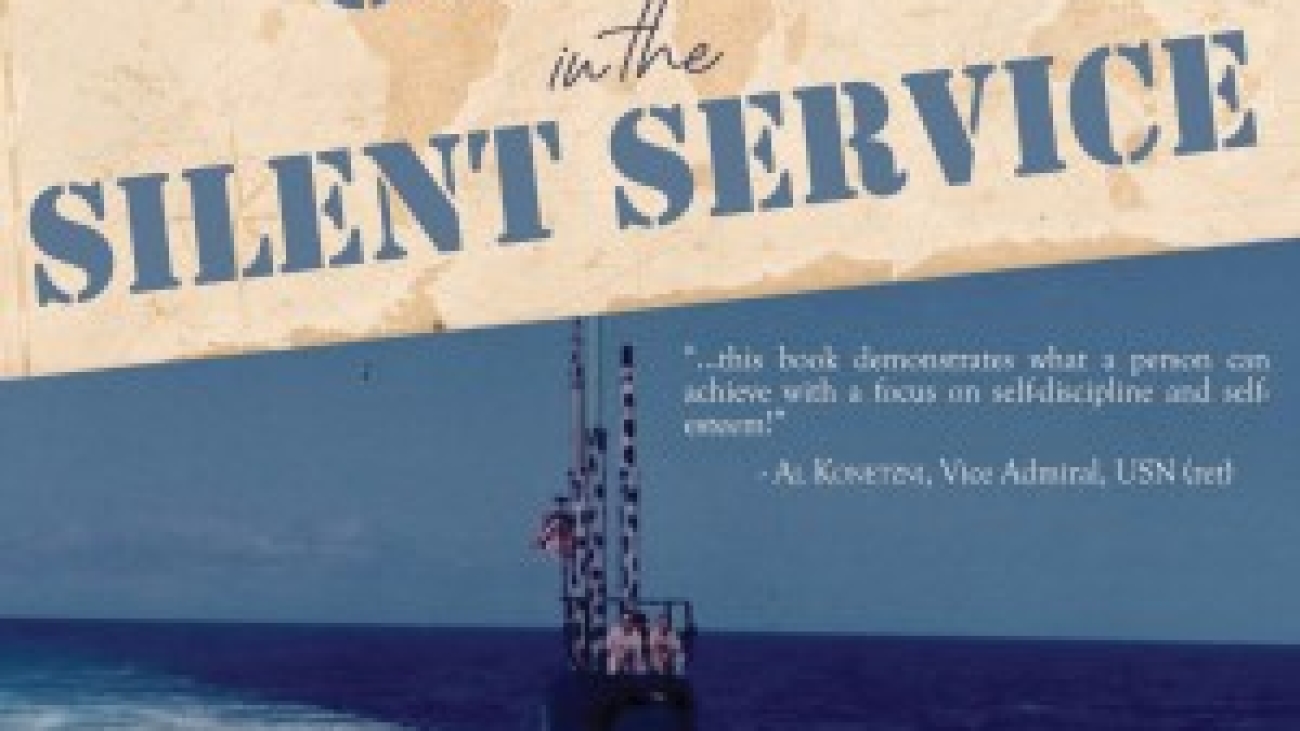Reviewed by Russell Ilg
“JUSTICE NEVER RESTS” NEVER LETS UP OR DISAPPOINTS
As soon as I slid the contents from the envelope, I knew it was a bomb.
So opens JUSTICE NEVER RESTS: A U.S. Attorney’s Battle Against Murderers, Drug Lords, Mob Kingpins and Cults (Post Hill Press, $19.99, 320 pages), a scintillating and seminal narrative of groundbreaking U.S. Attorney William Kolibash’s dogged efforts to fight all manner of crime in the Northern District of West Virginia. Purchase Here.
Being a sucker for John Grisham and Scott Turow, I devoured what read like a factual version of their fiction, employing an occasional pinch to remind myself it was all real. Kolibash is Frank Galvin from “The Verdict” without the alcohol problem, Michael Connelly’s Mickey Haller without the Lincoln, and Perry Mason without the theme song.
Writing with bestselling author Jon Land, working in tandem with his daughter Shariane, Kolibash fashions a tale steeped in history, as well as the law. While Wheeling and other West Virginia cities might not have the luster of bigger, glitzier ones, they were facing the very same criminal scourges that were roiling the entire country. To fight them, the crusading Kolibash scored the first successful RICO prosecution in the nation’s history, while also forming the first ever federal investigative grand jury, and pioneering the use of multi-jurisdictional task forces.
A good thing since he took on some truly memorable bad guys that included a moonshining family that traded their stills for marijuana fields, any number of gangsters that included notorious Midwest kingpin Paul Hankish. The chapters covering him shares the book’s center stage with the investigation into a murderous and corrupt Hari Krishna swami based in Kolibash’s backyard, a case that garnered national headlines.
Kolibash puts thriller author Land’s sense of pacing and suspense to splendid use by stitching together a narrative of mostly independent episodes dealing with pretty much every crime imaginable with the help of an “Untouchables”—, or “Magnificent Seven”—like team of specialists from the IRS, West Virginia State Police and FBI. Some of the bad guys they took down were really bad, while others brought a lighter touch to the table.
The main witness against Jesse was the prostitute’s pimp. His name was Bobby Mitchell. On the Friday before the trial, I went to see Mitchell at a Grafton, West Virginia jail where he was imprisoned at the time. I told Mitchell that we were going to call him as a witness and he had no choice but to tell the jury what had happened. Mitchell agreed to testify on one condition: that we let him wear his pimp outfit, which consisted of a purple-blue velour suit and shoes that had a glass heel with a goldfish enclosed.
Mitchell ended up testifying, but sans goldfish, because they weren’t allowed in court. Kolibash’s memoir is chock full of anecdotes like that, injecting a verve and vitality rare for narrative nonfiction in general and legal tomes in particular. Always riveting, sometimes raw and often relentless, JUSTICE NEVER RESTS is an extraordinary achievement that stands alongside F. Lee Bailey’s “The Defense Never Rests” and Alan Dershowitz’s “The Best Defense” as classic works of real-life courtroom drama. A mesmerizing, mind-numbing masterpiece of an evolving criminal mindset that William Kolibash was equal to at every turn. Not only does justice never rest, neither will you until you finish this book.




